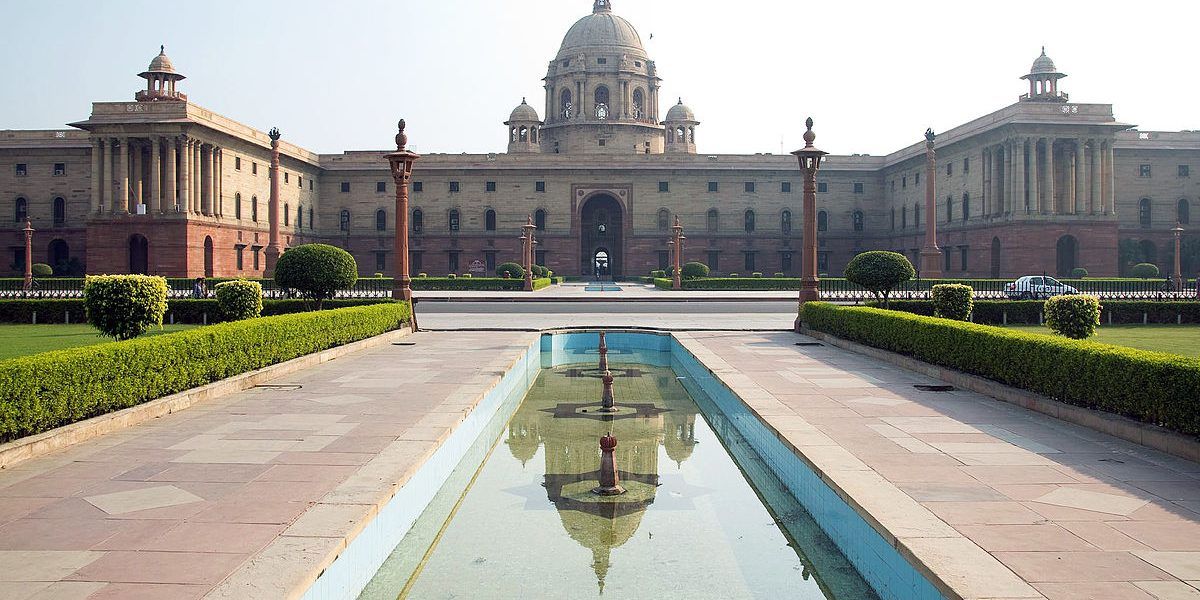
A ring of instability
Sri Lanka, our southern neighbor, has experienced an unprecedented economic crisis, leading to severe political instability. Bangladesh faces uncertainties with changes in leadership and perhaps in governance systems, while governance in Nepal remains unpredictable at best with frequent changes in prime ministers. Pakistan, perpetually on the verge of economic collapse, poses security and diplomatic challenges. Afghanistan, under Taliban rule, presents a security threat that extends beyond the region. Myanmar’s military regime is mired in corruption and repression, and the Maldives continues to oscillate between political aspirations and instability. This environment of continued turmoil has profound implications for India’s security, economic growth, and diplomatic strategies.
The interconnectedness of the South Asian neighborhood is both a geographic and sociopolitical reality. Events in one country often ripple across the region, influencing the political, economic, and social dynamics of neighboring states. This interconnectedness means that instability in one nation can quickly spill across borders, creating a domino effect that can engulf the entire region, including India. For example, economic turmoil in Sri Lanka has already begun to impact trade routes and supply chains. At the same time, political unrest in Bangladesh can lead to new refugee flows and heightened border tension. Political instability in Nepal affects trans-Himalayan connectivity projects, and Pakistan’s economic struggles exacerbate regional security threats, including terrorism and insurgency, that can easily spill over into Indian territory.
This regional contagion effect is reminiscent of the Arab Spring, where uprisings in the Middle East and North Africa spread rapidly from Tunisia to Egypt, Libya, Syria and beyond, igniting widespread chaos and conflict.
South Asia, with its historical, cultural and economic ties, is equally vulnerable to a cascade of instability. Fragile political environments and common socioeconomic challenges mean that unrest in one country can ignite similar movements in others, driven by shared grievances and amplified by modern communications technologies.
In this volatile landscape, India’s stability could be threatened by regional upheavals, requiring a robust and forward-looking diplomatic strategy to manage and mitigate the risks.
The case for a specialized neighborhood external service
Given these challenges, Indian diplomacy in the neighbourhood requires a radical rethink. Proactive, strategic and nuanced engagement with our neighbours is essential. Central to this new approach is the establishment of a Specialised Neighbourhood Foreign Service (SNFS) – an elite corps within the Indian Foreign Service (IFS) dedicated to managing relations with South Asia. This SNFS would be an integral part of the IFS, but would be seen as a premier testing ground for the accelerated advancement of foreign service officers.
Maintaining the professionalism and autonomy of the SNFS is critical to its effective functioning. A clear distinction between elected officials (politicians) and career diplomats is essential, particularly in India’s immediate neighbourhood. This separation becomes even more critical in border regions, where local politicians often have vested interests and personal connections across borders. At times, they may engage in cross-border political manoeuvring to secure mutual benefits, which can undermine national diplomatic objectives and compromise foreign policy integrity.
For the SNFS to function effectively, it must remain insulated from such political influences. Diplomatic decisions must be driven by national interests and strategic considerations, rather than local political agendas. Ensuring this professional distance will enable SNFS officers to engage with neighbouring countries in an impartial and constructive manner, without interfering in partisan politics. This autonomy will enhance India’s ability to manage regional dynamics more efficiently, foster stable and productive relations with its neighbours, and guard against the potential risks of politicised diplomacy.
The SNFS must attract the best and brightest diplomats through rigorous selection processes that assess their crisis management skills, cultural intelligence, and political acumen. Training for SNFS officers should be specialized, focusing on the unique challenges of the region, including regional politics, economics, and security issues. Language skills, cultural studies, and a deep understanding of local governance structures should be integral to this training.
To make SNFS positions desirable, it is imperative to implement a comprehensive incentive strategy. Competitive salaries and bonuses, career advancement opportunities, and recognition of the strategic importance of these roles are essential. Ensuring that successful stints in the SNFS lead to accelerated promotions and prestigious positions in the future can attract top talent. Performance-based incentives such as monetary bonuses and guaranteed assignments in desirable locations will further enhance the attractiveness of these roles.
Supporting the personal and professional lives of SNFS officers is equally essential. Providing safe housing, quality education for their children, and robust health facilities can alleviate the challenges of living in volatile regions. Additional education and training opportunities, such as advanced degrees or specialized courses, can enhance their skills and career prospects. Public recognition and awards for outstanding service can also motivate and reward these diplomats.
The importance of early warning systems
To effectively manage the complexities of South Asia, India must develop robust early warning systems dedicated to its neighbourhood. Recent global events highlight the critical need for such mechanisms. Western think tanks, despite their presence and resources, failed to predict Russia’s invasion of Ukraine. Similarly, international think tanks with many years of presence in Sri Lanka failed to foresee the country’s economic collapse. These failures underscore the need for an early warning system closely aligned with national interests and managed by the Ministry of External Affairs (MEA).
An early warning system owned and governed by the MEA would enable India to anticipate and prepare for political, economic and social upheavals in its neighbourhood. This system should use data from diverse sources, including intelligence agencies, diplomatic missions and public sector think tanks. By integrating traditional intelligence with new technologies such as big data analytics and artificial intelligence, India can develop a predictive model that provides timely and accurate assessments of regional developments.
Public sector bodies, including public sector think tanks, should play a central role in this early warning system. These institutions, closely aligned with government objectives, are best positioned to provide strategic and impartial insights. Collaboration with academic institutions and private sector experts can further enhance the system’s analytical capabilities. Regular scenario planning exercises and crisis simulations should be conducted to ensure preparedness and refine predictive models.
The way forward
To navigate this geopolitical landscape, India must blend realism with idealism. Realism dictates acknowledging instability and preparing for worst-case scenarios, while idealism inspires a vision of a stable, prosperous and cooperative South Asia. The establishment of a Specialized Neighbourhood Service is critical to achieving this vision.
While crucial, focusing solely on countering Chinese influence in the neighbourhood will not comprehensively advance India’s strategic interests. Such a myopic approach risks overlooking the deeper, systemic issues that contribute to regional instability and hamper India’s interests. It is imperative to conduct a thorough introspection to identify and address our failures. By understanding the root causes of these failures, India can develop a more nuanced and effective foreign policy strategy. To this end, India must invest in building an interconnected pool of knowledge and expertise that will enable it to proactively anticipate and respond to regional challenges. Moreover, it will foster innovative solutions that go beyond mere reactive measures to Chinese actions.
Note: This article is republished from The Wire through a cooperation agreement between both parties for the dissemination of journalistic content. Original link.
Source: https://reporteasia.com/opinion/2024/08/22/india-y-la-dificultad-de-la-diplomacia-en-el-sur-de-asia/

